The revised disability regulations have been in place in Jersey since 2018, and the legislation comes into full force on 1 September 2020. With less than four weeks to go, we wanted to cover some important things to remember about disability in the workplace and what adjustments employers are required to consider.
Not all disabilities are visible
One of the most important facts to remember is that while disabilities like mobility impairment are visible, many are not so easily determined. Brain injury, Crohn’s Disease, Multiple Sclerosis, and mental illnesses are all forms of invisible disabilities, among many others. Employers need to work with their staff to ensure that accommodations are relevant and suitable for both parties, and consider the needs of visitors and customers. For example, less obvious types of adjustments could include making ergonomic replacements of specific office equipment for someone with chronic arthritis, or providing a hearing loop at reception for customers who use hearing aids.
There is a stigma around invisible disabilities which can make it difficult for someone to disclose their health condition. Many people fear they will face discrimination by disclosing a disability to their employer. Some fear that their employer won’t believe them as you cannot outwardly tell they have a disability. It is crucial to ensure your staff know they can talk with you in confidence, and without rejection, about any health-related issues. While your staff do not have to disclose any disabilities to you, they should be aware that in doing so you would be able to make relevant accommodations for them.
The same disability can affect people differently
It is essential to remember that disabilities do not always present in the same way. Two employees may have the same disability, but they may experience different symptoms, and different levels of severity in symptoms they have. In cases like this, communication between employees and employers is the key to understanding what accommodations would help, and what could have a negative effect.
Making reasonable adjustments
Changes to workplaces and employment processes must be considered to ensure employers are not discriminating against or disadvantaging people with disabilities. Under the new legislation, good practice includes making reasonable adjustments to “any provision, criterion or practice” that an employer applies. This definition of good practice means if you have a policy that is harder for a person with a disability to comply with, then that could constitute discrimination. These adjustments also apply to physical features of any premises in order to accommodate the needs of employees. The law confirms that it is not discriminatory against other employees to make adjustments for an employee with a disability. It is the responsibility of the employer to determine whether any adjustments are required as soon as they become aware that an employee has a disability. However, employers should not wait for individuals to ask for accommodations – the employer should be proactive.
Determining whether an adjustment is reasonable is important. There are a few factors that contribute to what is considered reasonable:
Effectiveness
Will the adjustment prevent the disadvantage? Any adjustments should be discussed with the individual as you should not make assumptions about what will be effective. The person with a disability will be more knowledgeable about what will help them.
Practicality
How practical is it to make an adjustment? Would it also help other members of staff?
Financial and other costs
How much will the adjustment cost? Will it disrupt any of the organisations activities?
Financial and other resources
What resources are available? What other assistance or support is available?
Nature of employer’s activity and size of undertaking
What may be considered reasonable in a large company may not be for a small company.
It can seem daunting to talk about disabilities in the workplace, particularly if you are concerned about saying or doing the wrong thing. The best thing you can do to avoid these worries is to ask the person what terms they prefer if they have a disability, and what you can do to help. Above all, ensure that they are treated with the same respect as all other employees and listen to any concerns they may have about their workplace experience.
It is not just employees who need to be considered. If your premises are open to the public, then it is likely that customers with the widest range of disabilities will at some point enter your workplace. Have you considered if a person with a disability can get in and out of the building, what aspects of your services are accessible, and whether your staff have the knowledge to be able to provide assistance to customers who may need it?
The most important action for employers to take right now, is to ensure their place of business has made accommodations for people with disabilities. Employers have less than four weeks to get workplaces up to standard, so any changes still outstanding need to be addressed swiftly and efficiently. It is not too late to undertake an access audit to check if your premises and services need adjusting.
Employers have had two years to prepare for this legislation. If you have not addressed your premises and policies, you need to act now.
For advice and information on what preparations your business needs to take, please contact Matt at matt.bougourd@lawatworkci.com or call 887088.






